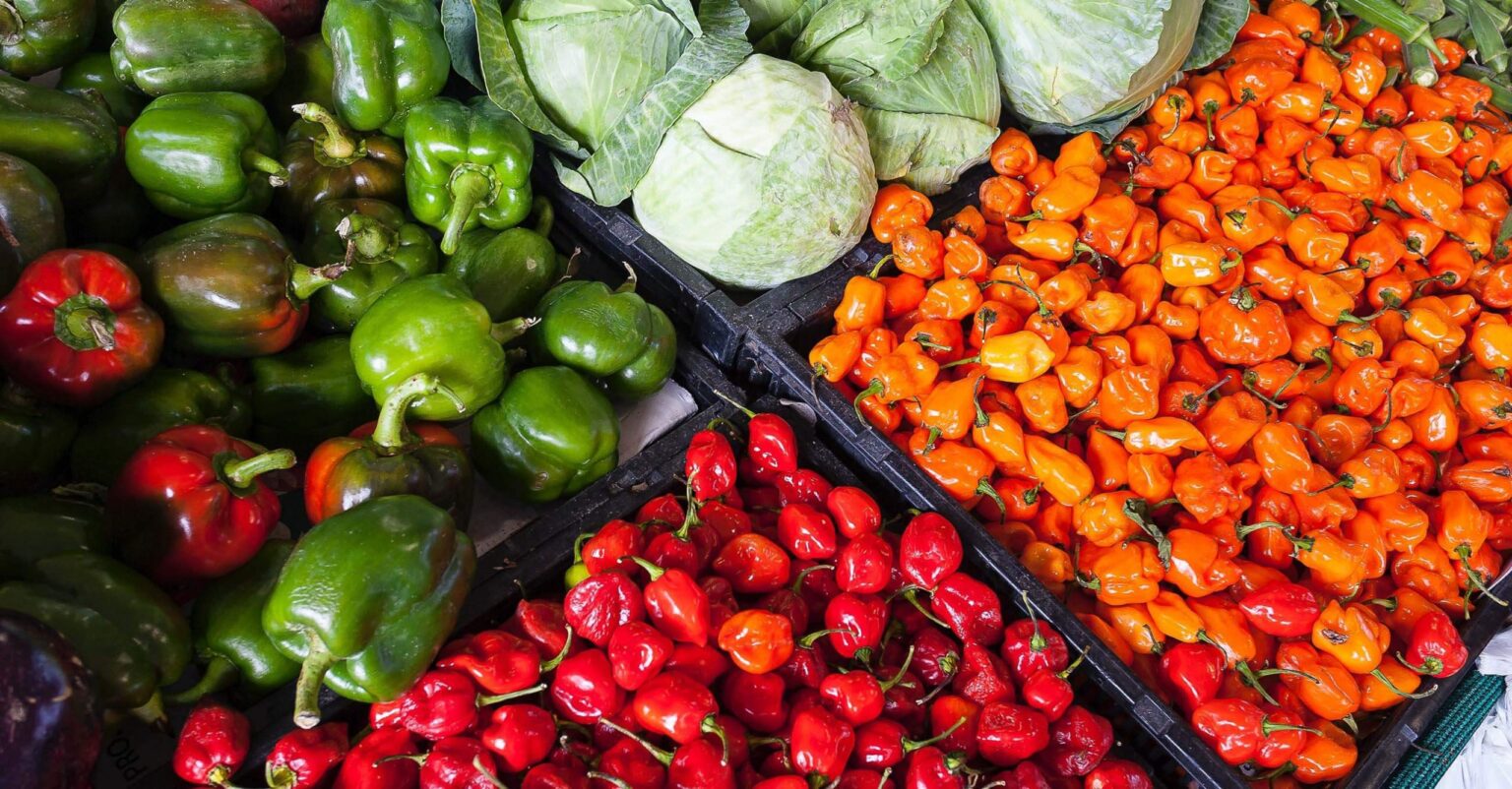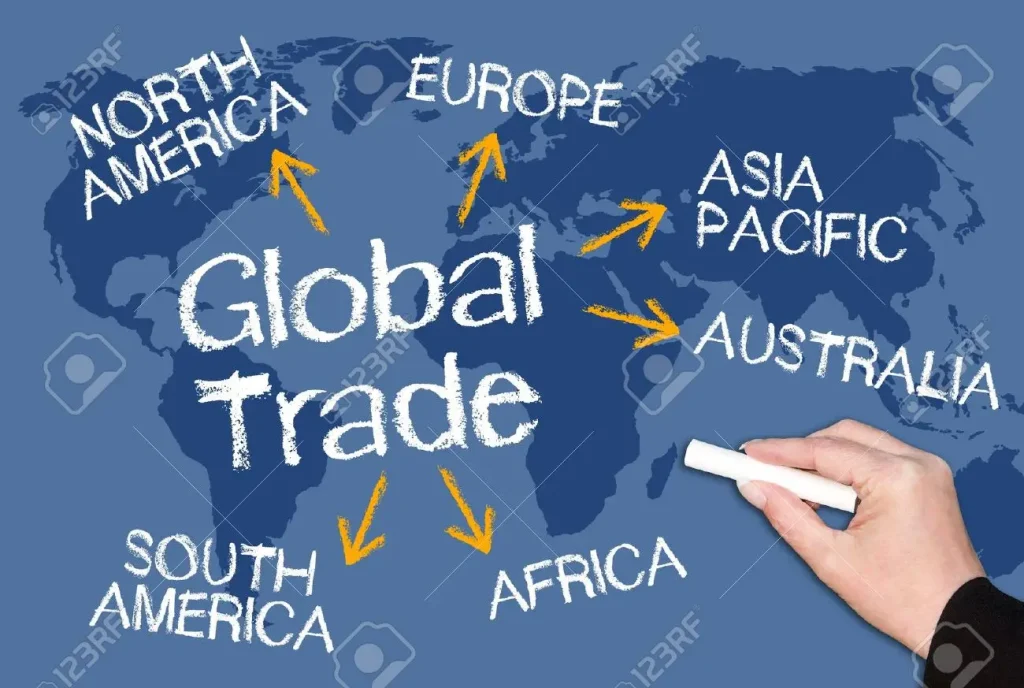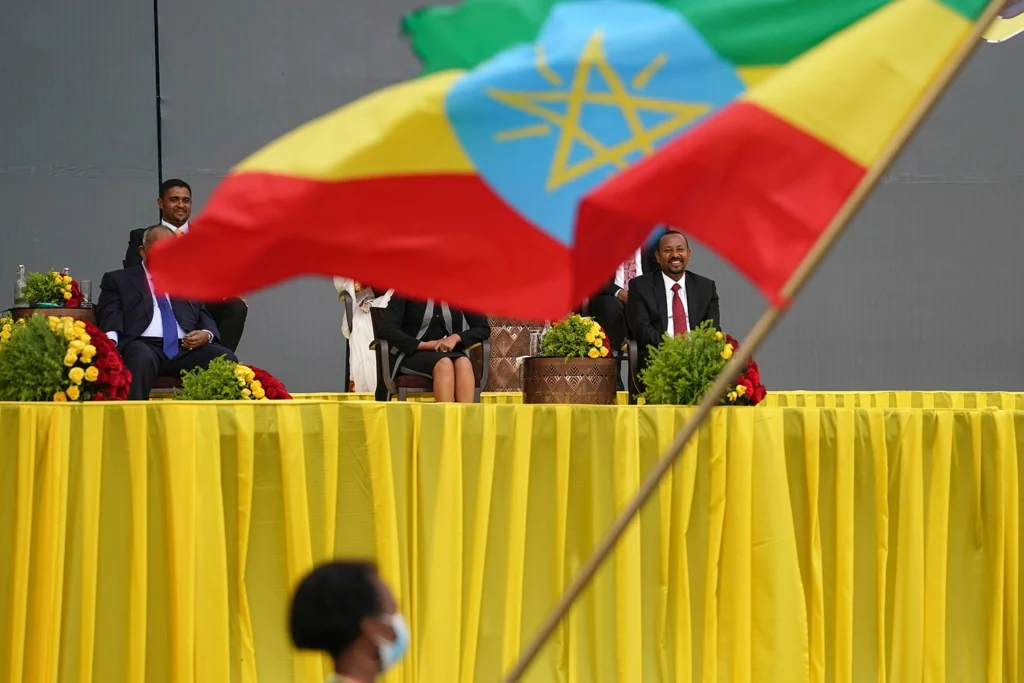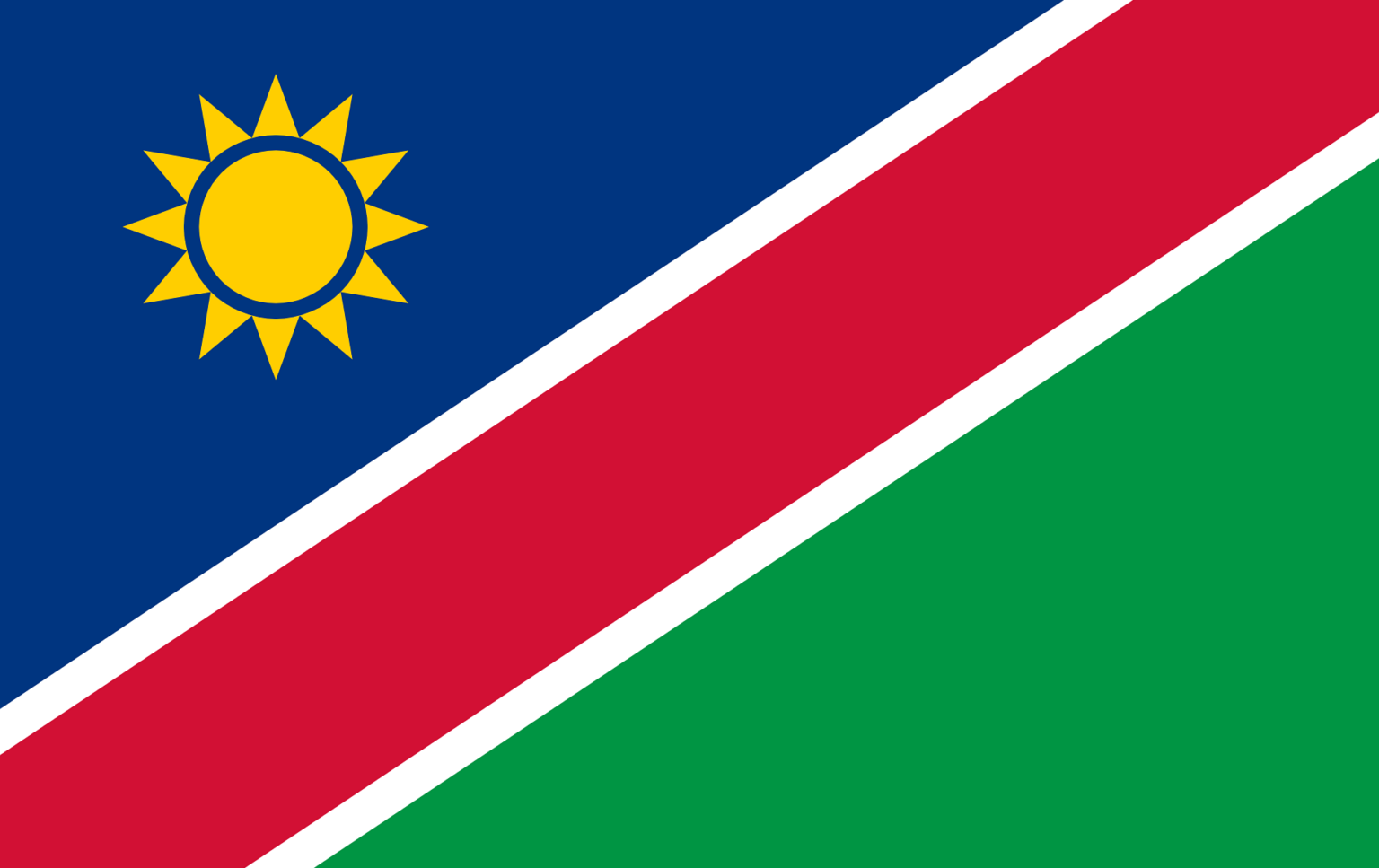- Russia and Tanzania unite to double trade, boost Africa market access
- History as Janngo Capital seals Africa’s largest gender-equal $78M tech VC fund
- South Africa Budget Disappoints Investors as Deficit Widens
- Kenya drops to 6th place in Africa trade barometer
- Tanzania’s bold move to boost cashew nut exports by 2027
- Chinese cities dominate global list of places occupied by billionaires
- Sudan tops up as Africa aims for $25 billion development fund
- Opportunities for youth: Tech firms Gebeya and NVIDIA to train 50,000 developers in Africa
Author: James Ndwaru
I am a writer based in Kenya with over 10 years of experience in business, economics, technology, law, and environmental studies.
Over the past decade, African countries have accumulated external debt at a faster pace. The countries have capitalized on abundant, low-cost international credit for fiscal and balance-of-payments funding to help drive development plans.
Africa’s total external debt, accrued by both the private and public sectors, owed to foreign lenders, has surpassed $1 trillion. The related annual debt servicing costs broke through the $100 billion threshold for the first time in 2021.…
[elementor-template id="94265"]
There appears to be a consensus that the world is finally turning its back on the US dollar. There are simmering shifts within the global monetary system. The shift becomes ever more apparent, best described as de-dollarisation.
The world is searching for alternatives to the US dollar, finding them more often. Thus, moving away from the dollar can no longer be stopped. For instance, early this year, Indonesia reiterated it would promote local currency settlement (LCS) in cross-border trade and investment to reduce dependence on the US dollar.…
According to the Central Bank of West African States (BCEAO), growth should accelerate in the WAEMU economic region in the medium term. The increased production in the tertiary and secondary sectors remains crucial. These sectors should benefit from controlling the current health crisis in the Union and the continued implementation of the NDPs.
Growth in the Union is expected to drop from 6 per cent in 2021 to 5.9 per cent in 2022 before settling at 7.2 per cent in 2023. The contribution to growth from the tertiary sector should stand at 3.5 per cent in 2023, up by 0.3 points compared to 2022. The contribution of the secondary sector should grow by 0.9 points between the two years to settle at 2.6 per cent in 2023.…
[elementor-template id="94265"]
The low adoption of CBDCs in Africa, which would hinder the policy objectives central banks hope to achieve, remains a significant concern for African central banks.
- 90 per cent of central banks were involved in CBDC analysis or projects in 2021. The percentage of central banks undertaking pilot projects reached 26 per cent
- Access to digital cash as an alternative payment mode is a critical factor driving the adoption of CBDCs in Africa.
- Providing access to those without internet or smartphones is a significant challenge for adopting CBDCs in Africa.
What is a CBDC
A central bank digital currency (CBDC) is a digital currency valued in the national unit of account that serves as a central bank liability. Initially, central banks globally were cautious about CBDCs, but their interest has grown recently. According to a recent Bank of International Settlements (BIS) poll, 90 per cent of central banks were involved
Should a common currency in the EAC come to fruition, the trade will be fueled by a reduction, albeit limited, in transaction costs, the elimination of exchange rate risk and region-wide price harmonisation – all of which will undoubtedly be underpinned by policy incentives.
- Monetary Union is the third stage towards EAC regional integration, capped through Political Federation.
- Considering individual economies are relatively small, currency harmonisation might play a significant role in improving intra-African trade.
- The IMF, through its chief Christine Lagarde, previously warned the EAC not to rush into a currency union, pointing to the issues faced in Europe.
Interest in regional integration, including monetary, in Africa has remained intense over the decades since independence. Consequently, various regional groupings have been formed. Those initiatives were stimulated by the generally small size of individual economies. This led to a desire to promote economies of scale in production and distribution. A…
Côte d’Ivoire’s economy remains on a favourable trajectory. The economy needs bolstering to expedite the structural change of its economy as envisioned by the new 2030 plan. To achieve this, the nation needs to raise its investments in new sectors with considerable potential for wealth generation and improvement in quality of life. These sectors would enable the inclusion and realisation of benefits for women and the most disadvantaged populations in society, especially those residing in the most isolated rural areas.…
AfCFTA’s successful implementation can boost trade and promote Africa’s economic recovery and growth. The AfCFTA is the world’s most extensive free trade area in terms of size and number of nations, with a combined GDP of around $3.4 trillion.
Increased integration would improve incomes, generate employment, stimulate investment, and make establishing regional supply chains easier. In comparison to Africa’s external trade, intra-African trade remains tiny. In 2020, just 18 per cent of exports went to other African nations.…
With African nations in desperate need of economic boosts, reinventing the continent’s pharmaceutical “wheel” as a contributor to development has become critical. This crucial venture requires public and private participation and, of course, the willingness of the West’s Big Pharma!
Most Africans lack the means to seek qualified healthcare providers for quality medication. People turn to self-help and alternative medicine to avoid medical expenditures, which are often out of reach. With less than 400 drug manufacturers to cater to the more than 1.3 billion people on the continent, millions of Africans die or suffer from protracted illnesses without consistent access to even the most essential medicines. Widespread ill health can trap people in poverty, as healthier people are more productive.
The pandemic's effects have exacerbated Africa’s healthcare crisis in the last two years. The situation has captured the attention of investors who noted the gap between supply and demand in…
Undoubtedly, the return to peace after two years has restored hope Ethiopia’s economy can regain its growth momentum. According to officials, a permanent return to peace will help unlock more than $4bn in frozen funding. The funds will ease a crippling shortage of foreign exchange that plagued the economy even before the war began. Agriculture, the primary sector driving Ethiopia’s economy, should provide the much-needed boost to economic recovery.…
[elementor-template id="94265"]
Namibia has made progress on structural changes to foster economic diversification and boost productivity. Improving the business environment, promoting access to capital, improving governance, and decreasing skills mismatches are crucial for stimulating growth and achieving long-term debt sustainability.…
[elementor-template id="94265"]













